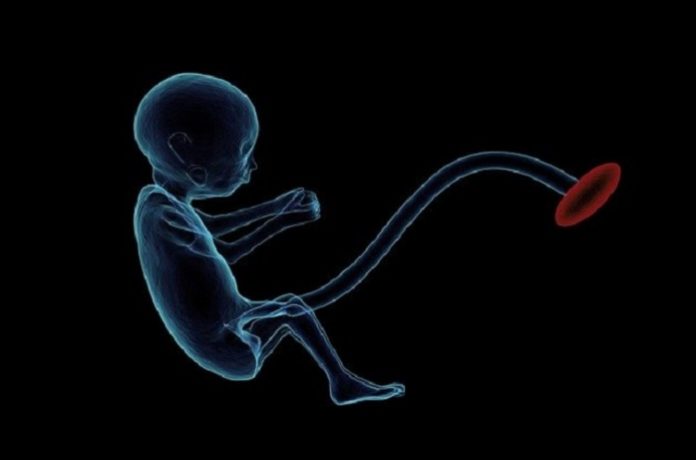Researchers have found evidence that fetal lungs have a microbiome as early as 11 weeks of gestation.
Babies are born with a bacterial microbiome already present in the lungs. When, and how, bacteria colonized the lungs was previously unknown. During gestation? Before birth? This led researchers at the University of Alabama to consider the possibility that a microbiome forms before birth, in utero. The study is published in the American Journal of Respiratory and Critical Care Medicine.
To test this possibility, the researchers gathered 31 placenta, intestine, and lung samples from fetuses between 11 weeks of gestation (first trimester) and 20 weeks of gestation (second trimester). The samples were independently analyzed for bacterial DNA at the University of Alabama and the Lee Kong Chian School of Medicine, Singapore.
Microbiota by the numbers
After confirming the presence of bacterial DNA in the samples, the researchers determined how many kinds of bacteria, also known as taxa, were present in the collected DNA. The first analysis, done in Singapore, found 48 unique taxa in the lungs, 11 unique taxa in the placenta, and 24 taxa shared between the lungs and the placenta. The analysis from Alabama confirmed Singapore’s results but also found that the lung fetal microbiomes split into two groups: 11-15 weeks of gestation, and 16-20 weeks of gestation. This meant that fetal microbiome diversity changed over time.
How bacteria arrived in the fetal lungs is still up for debate. Since the placenta microbiome contained overlapping bacteria with the lung microbiome, the researchers think that bacterial DNA from the mother passed through the placenta to the fetus. The presence of bacteria early in gestation, they surmise, could help “prime” the immune system, preparing the fetus for bacteria it will encounter later in life.
Finding out more about the fetal microbiome
While the study did prove the existence of a microbiome in fetal lungs, more research needs to be done. Why does the fetal microbiome evolve? How does it manage to strikingly diversify over a period of weeks? If not from the mother, how do bacteria make their way to the lungs?
It will be interesting to see what future studies glean about the formation of our immune system. If the authors are correct about bacteria “priming” our immune system, does that mean the microbiome can be manipulated? What if the microbiome can be adjusted to make us immune to certain diseases? Only further research will tell.
References
Al Alam D, Danopoulos S, Grubbs B, et al. Human fetal lungs harbor a microbiome signature. Am J Respir Crit Care Med. 2020;201(8):1002-1006. doi:10.1164/rccm.201911-2127LE
EurekAlert!. (2020). Human fetal lungs harbor a microbiome signature. [online] Available at: https://www.eurekalert.org/pub_releases/2020-01/uoaa-hfl011720.php [Accessed 23 Jan. 2020].



